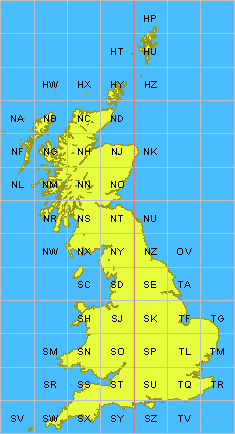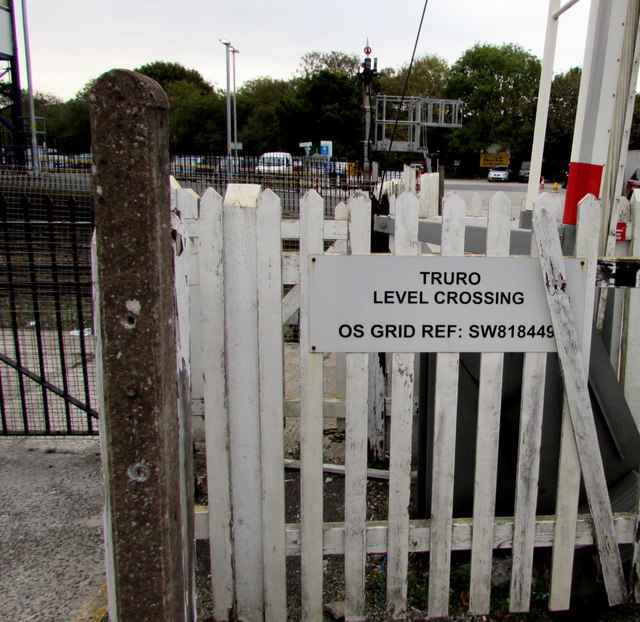



Wheresthepath - (OS and web mapping services side by side, brilliant!).Magic - (although this might change following Government reorganisations).It just depends how you like to work, but the websites can be more accurate and clearly require less desk space. There are websites that can provide the same information as an OS map. Make a note of the parish as well as the NGR.The quickest way is to use the corner of a compass, as long as the scale is the same as the map used. If the findspot is on the grid lines, the third number of the easting or northing will be 0. Read the easting (across) first, and northing (up) second. The numbered grid on an OS map will give you a 4 figure NGR, so you will have to measure from the grid lines to the findspot to get 6 figures.A lower figure than this is pretty useless for most archaeological research! We ask that you provide a 6 figure grid reference as a minimum, this means the location is pinned down to a 100m square. Each 100km square is then divided into 10km, each 10km square is divided into 1km and so on down to 10cm (this would be a 12 figure grid reference).
#Ordnance survey map grid reference code
The country has been divided into 100 km x 100 km squares, each with its own code e.g. Locate the findspot on the map, and then read the National Grid Reference the first part will be the prefix (2 letters).If you do not have copies of the OS maps, your local library will have them. There are a number of OS maps for each county, so you need to locate the one for the area in which your object was found. All this information will help pinpoint the grid reference later. This can something as simple as which corner of the field you are in or if it is next to a footpath. When you find an object, place it in a bag and write on the location of the findspot.
#Ordnance survey map grid reference how to
Obviously we know this is not possible for everyone, as such below are some tips on how to get a National Grid Reference ( NGR).īelow, we discuss the method to employ when you don't have a GPS unit: In an ideal world, all finders would have a handheld GPS device, and would log a 12 figure grid reference at the time of finding an object. Our database works on the OSGB National Grid system, and we convert these coordinates into Latitude and Longitude upon data entry, so that they can be redisplayed on web mapping systems. X marks the spot, and without this detail, the data we get is pretty useless to most archaeologists. When recording artefact data on our site, the location of discovery is extremely important.


 0 kommentar(er)
0 kommentar(er)
